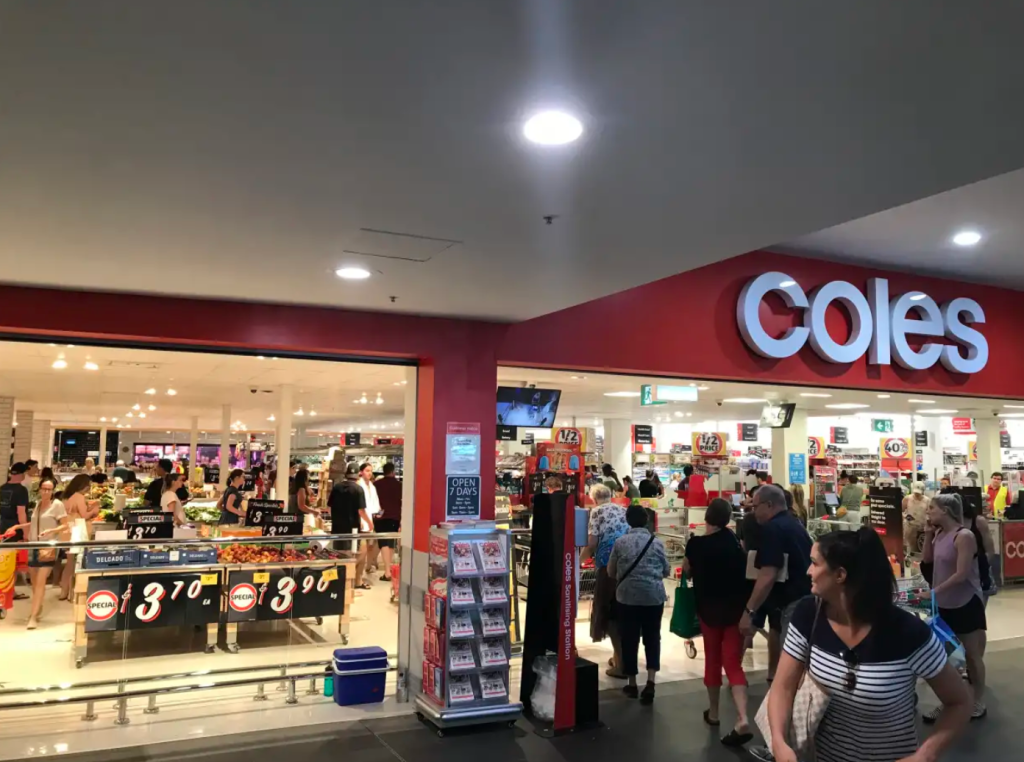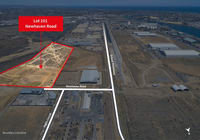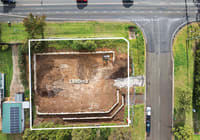
Retail rents to fall further: JLL
More pain lies ahead for retail landlords, with rents set for further declines thanks to disruption from e-commerce, a report from real estate services firm JLL predicts.
CBD retailers and centres that rely on discretionary consumer spending will be the hardest hit.
The latest Retail Centre Managers’ Insights report revealed neighbourhood centres anchored by supermarkets did the best during the pandemic.
Takeaway food outlets were another standout performer and they led the demand for new retail leases.
Louise Burke, JLL’s senior analyst, retail research, said retail was in the midst of structural change, impacting rents.
“JLL is currently forecasting market rents to continue to decline in 2021 as a result of structural changes in the retail industry,” she said.
“However, there is divergence among the retail sub-sectors.
“Neighbourhood market rents are forecast to decline only moderately compared with larger discretionary weighted assets.
Fashion victim
“In the short-term, high levels of consumer spending and the recent strong financial results reported by major Australian retailers suggest the need to reduce store networks has somewhat eased.
“This should give landlords some time to consider new strategies to mitigate the risk of shrinking tenant types, for example, fashion.”
The report states that fashion, where online transactions now account for 20 per cent of total sales, is the category most disrupted by e-commerce.
“Many fashion retailers have been vocal over the past year in regards to store reduction targets and demands for lower occupancy costs,” JJL said.
“Australian mid-market fashion retailers are a key risk category for store rationalisation, largely due to strong competition from international fast-fashion labels weighing on sales performance.”
Hardest hit
The report said that in 2020 moving annual turnover (MAT) declined by 5 per cent on a total centre basis and 20 per cent for speciality stores.
“CBD centres were most affected, with speciality MAT falling by 30 per cent in the 12 months to December 2020,” the report said.
“The decline was led by Victorian CBD assets where MAT fell 56 per cent over the period.
“Neighbourhood MAT was relatively well supported, with total centre MAT increasing by 8 per cent and speciality MAT [which includes essential food retailers] falling by a comparatively moderate 13 per cent.”
JLL said supermarkets accounted for 73 per cent of annual turnover in an average neighbourhood centre, according to Urbis research.
Almost half of the shopping centre managers surveyed by JLL believed rents would decline by up to 6 per cent over the next six months, while 39 per cent think they would say the same.
“Results very much still indicate at least a moderate decline in speciality rents over the next 12 months,” the report said.
“The retail leasing environment is likely to remain highly tenant favourable in the short to medium term.
“Pressure on tenants as stimulus winds back and store rationalisation strategies remain a key risk for vacancy and rents.”
Industry vacancy rates rose significantly through 2020 reaching all-time highs across the CBD, regional, sub-regional and neighbourhood sub-sectors.
Speciality shop vacancies were the highest in the CBD at more than 12 per cent.
The report said the CBD market remained heavily challenged by the current lack of international tourism and the slow return of office workers across major states.











